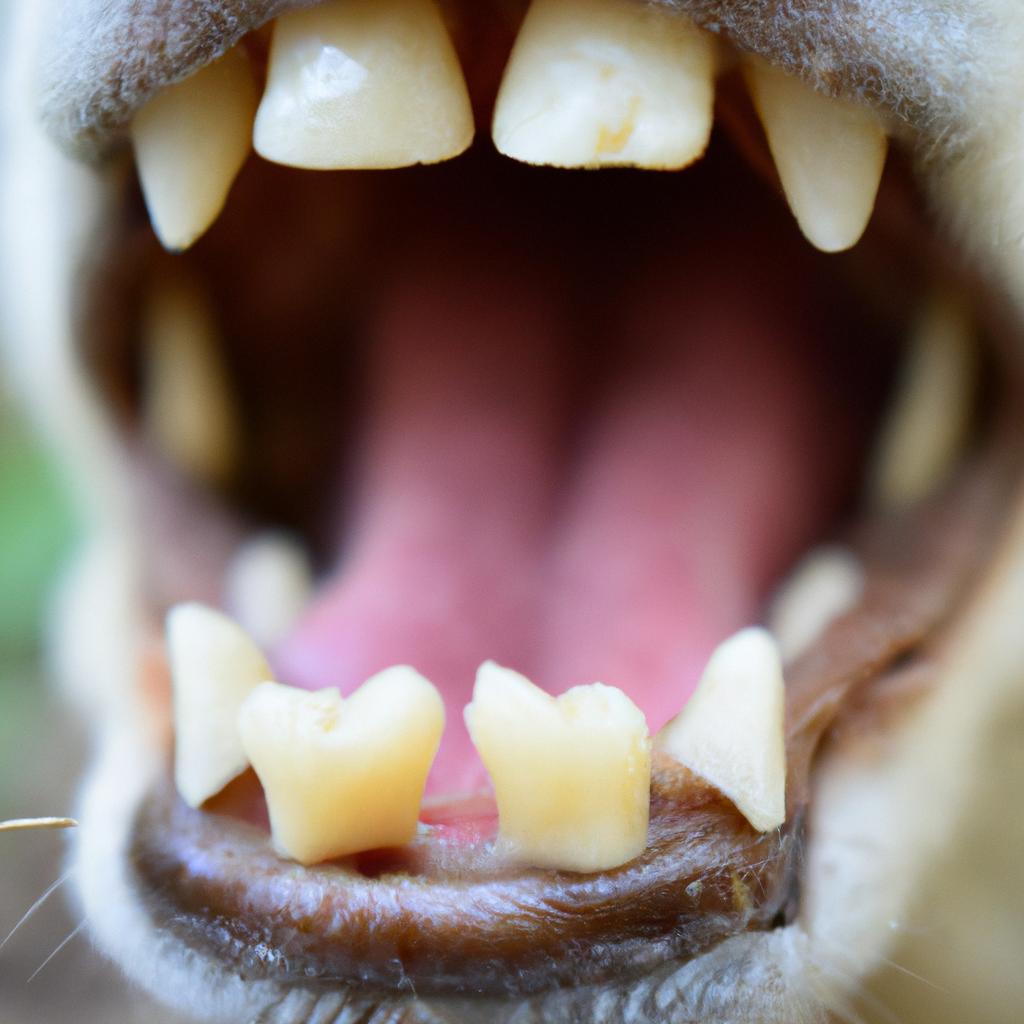Looking for ways to keep your pets healthy and happy? Check out our guide to preventing common pet health problems and how to avoid them.
As pet owners, our utmost priority is the health and happiness of our furry friends. However, pets are susceptible to certain health problems that can significantly impact their quality of life and even lead to premature death. In this article, we will explore the most common pet health problems and discover effective ways to prevent them.
Obesity

Obesity has become an alarming epidemic in the pet world. Shockingly, statistics reveal that 60% of cats and 56% of dogs in the United States are overweight or obese. This condition is primarily caused by a combination of excessive calorie intake and lack of physical activity.
Obesity can expose pets to various health issues, including joint problems, heart disease, respiratory difficulties, and diabetes. Moreover, it can reduce your pet’s life expectancy by up to 2.5 years.
Preventing obesity in pets is relatively simple. First and foremost, ensure that your pet follows a healthy and well-balanced diet. Avoid feeding them table scraps or high-calorie treats. Instead, opt for low-calorie treats and incorporate fresh fruits and vegetables into their diet.
Secondly, ensure that your pet gets enough exercise. Take your dogs for daily walks and provide cats with toys that encourage physical activity. Additionally, consider using puzzle feeders that offer mental stimulation while engaging them physically.
Lastly, regular visits to the vet can help in early detection of obesity signs and provide guidance on managing it effectively.
Dental Problems

Dental problems are another prevalent health issue faced by pets, with up to 80% of dogs and cats experiencing some form of dental disease by the age of three. These problems can range from bad breath and tooth decay to gum disease and tooth loss.
Poor dental hygiene is the leading cause of such issues in pets. Neglecting to regularly brush your pet’s teeth can lead to the buildup of plaque and tartar, resulting in gum inflammation and infection.
To prevent dental problems in pets, it is crucial to establish a regular dental care routine. Regularly brush your pet’s teeth using toothbrushes and toothpaste designed specifically for them. Additionally, provide dental chews or toys to assist in cleaning their teeth and refreshing their breath.
Regular dental checkups with a veterinarian play a vital role in detecting early signs of dental problems and ensuring prompt treatment.
Parasites

Parasites pose a constant threat to your pet’s health. Fleas, ticks, and worms are among the most common parasites that can affect them.
The effects of parasites on pets can range from mild irritation to severe illness. Fleas and ticks can cause skin irritation and allergic reactions, while worms can lead to weight loss, vomiting, and diarrhea. In severe cases, untreated parasites can cause anemia, organ damage, and even death.
Preventing parasites in pets is of utmost importance. Consistently bathing and grooming your pet, along with the use of flea and tick prevention products, can significantly reduce the risk of infestation. Regularly deworming your pet also helps prevent health issues caused by worms.
If you suspect your pet has parasites, seek immediate treatment from a veterinarian. They can provide the necessary medications to eliminate parasites and prevent further health problems.
Skin Problems

Skin problems are a common concern for pets and can occur due to various factors such as allergies, parasites, bacterial or fungal infections, and hormonal imbalances.
The effects of skin problems on pets can range from mild irritation to severe itching, hair loss, and skin infections. In some cases, they may even lead to secondary health issues such as bacterial infections or behavioral problems caused by excessive scratching or licking.
Preventing skin problems involves several measures. Firstly, keep your pet clean and well-groomed through regular bathing and brushing to eliminate dirt, debris, and loose fur, thus minimizing the risk of skin infections.
Secondly, ensure that your pet receives a healthy and balanced diet that includes essential fatty acids, which can promote healthy skin and a glossy coat. Addressing underlying health issues such as allergies or hormonal imbalances is also crucial in preventing skin problems.
Prompt treatment is essential if your pet develops any skin problems. Treatment options depend on the underlying cause and may involve medication, topical creams, or lifestyle changes. In severe cases, your veterinarian may recommend allergy testing or referral to a veterinary dermatologist.
Heart Disease
Heart disease is a prevalent issue affecting up to 10% of dogs. Its causes in pets can range from congenital defects to lifestyle factors like obesity or lack of exercise.
The effects of heart disease on pets vary depending on the severity of the condition. Mild cases might not exhibit visible symptoms, while severe cases can lead to difficulties in breathing, persistent coughing, and exercise intolerance.
Prevention of heart disease in pets involves several measures. Firstly, ensure that your pet maintains a healthy weight and receives regular exercise. Additionally, providing them with a nutritious and balanced diet can significantly reduce the risk of heart disease.
Regular checkups with a veterinarian play a crucial role in detecting early signs of heart disease and providing prompt treatment. Treatment options may include medication, lifestyle changes, or surgery, depending on the severity of the condition.
In conclusion, while pets are prone to various common health problems, implementing adequate preventative measures can significantly reduce their occurrence. By following a healthy diet, providing regular exercise, and ensuring regular veterinary check-ups, you can help your pet live a long and vibrant life. Remember, as a pet owner, it is your responsibility to provide the best possible care for your beloved companion.
To learn more about pet health and wellness, visit TooLacks.



